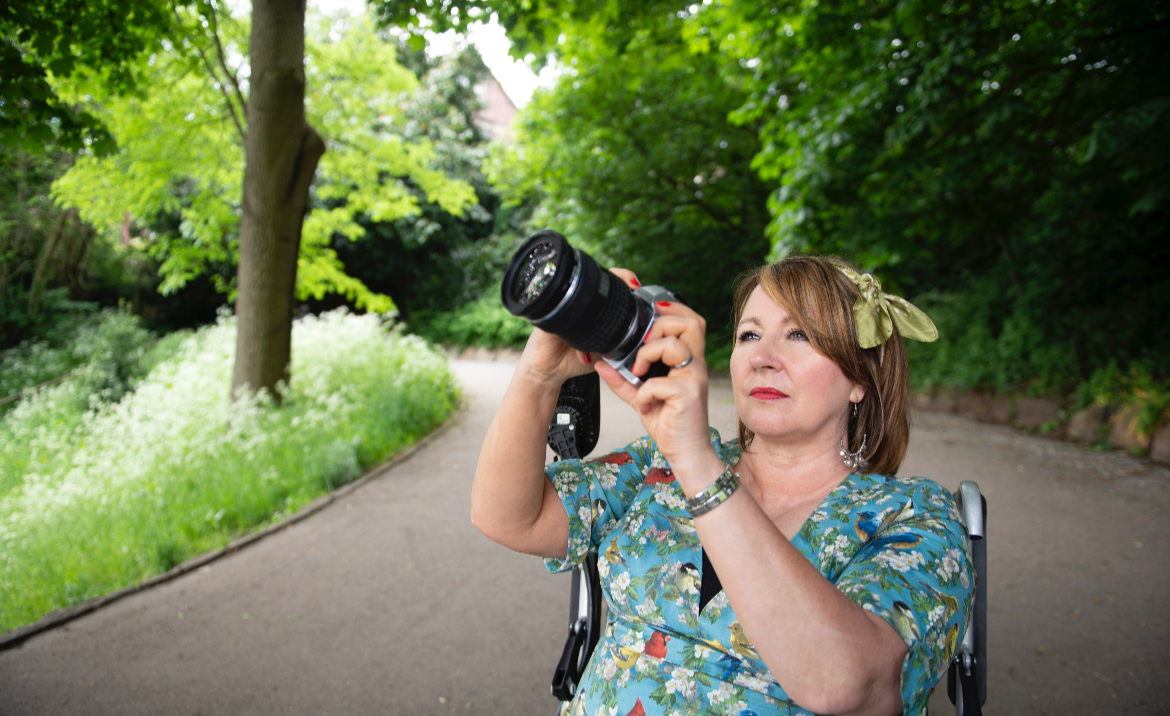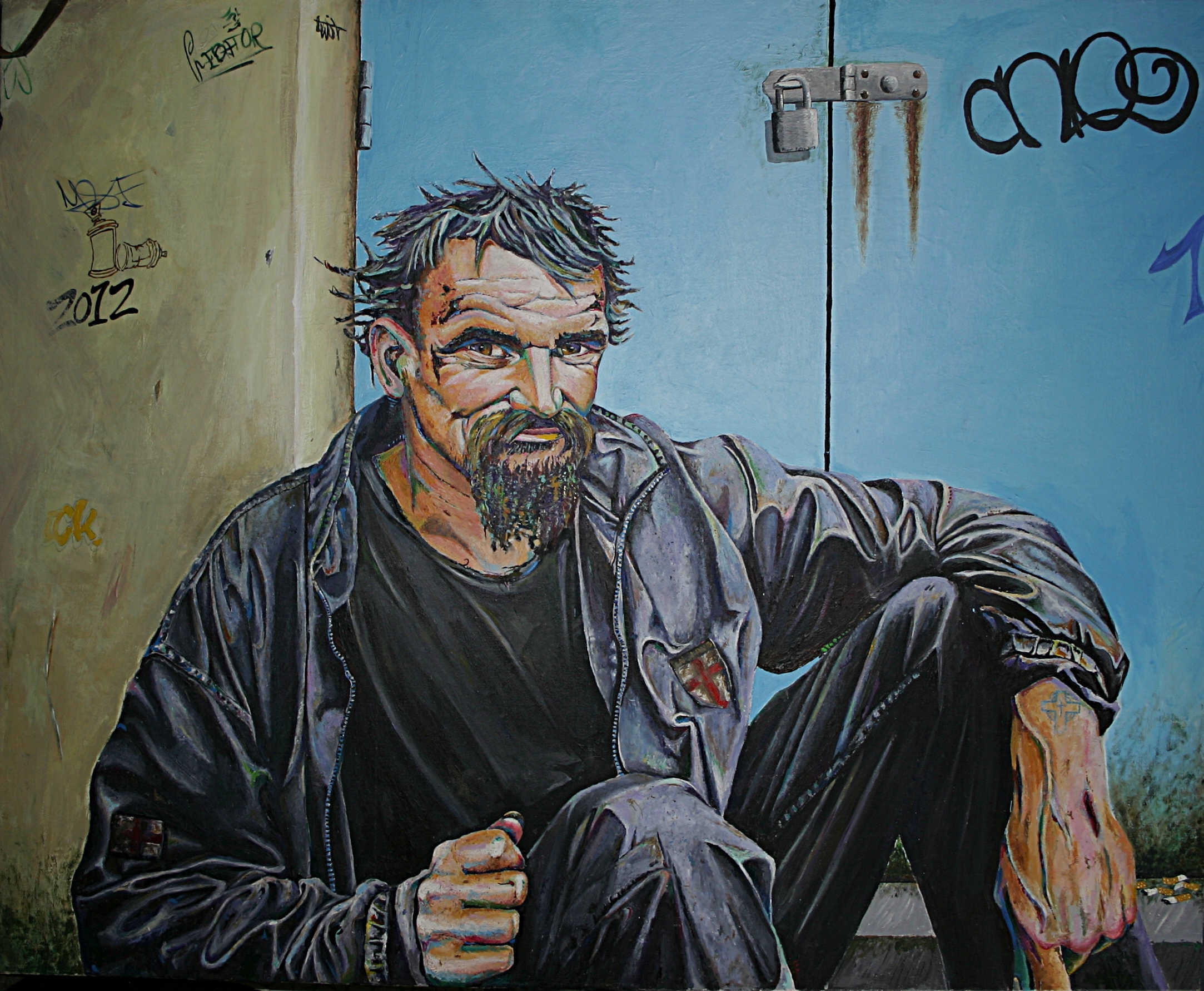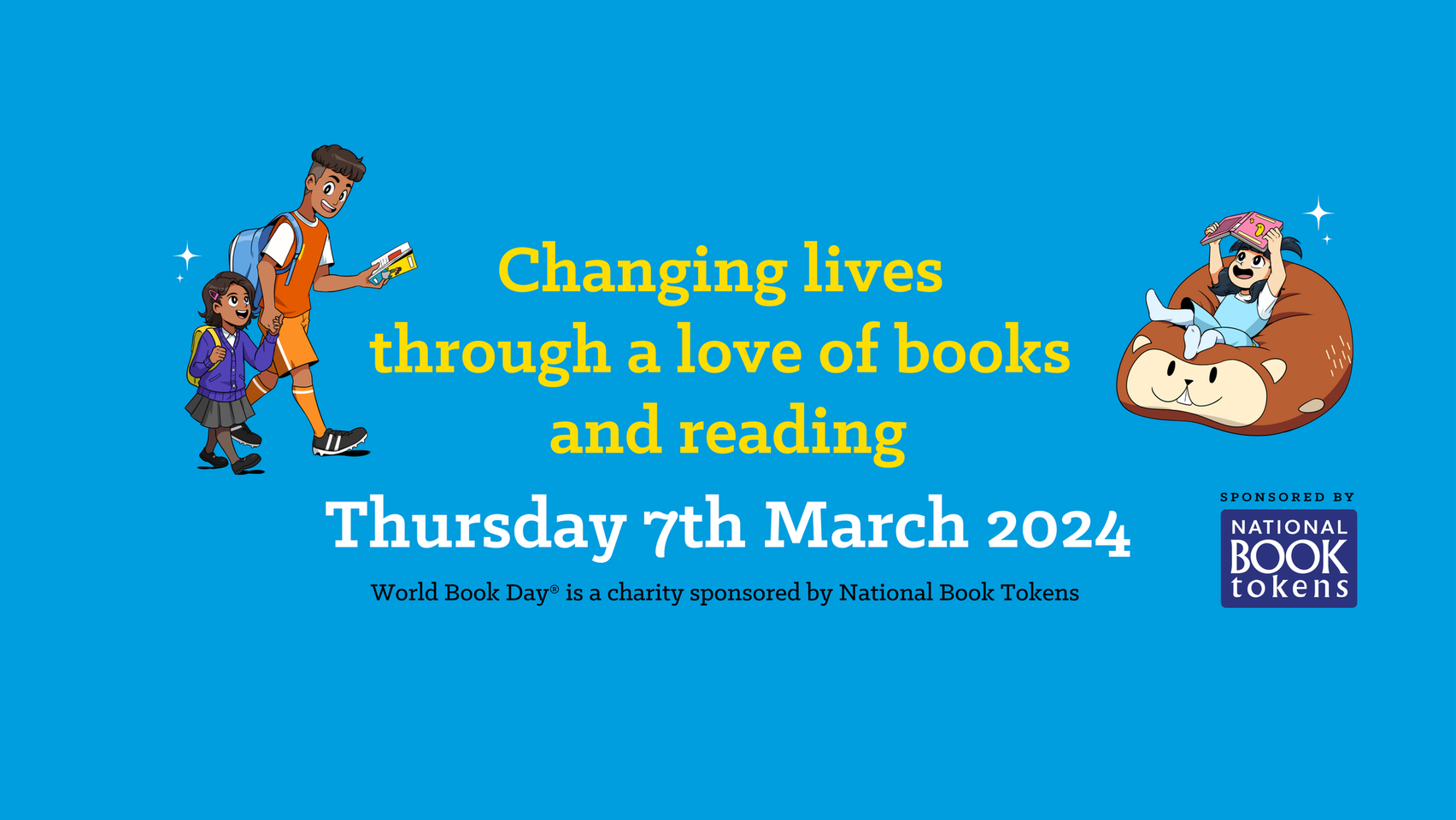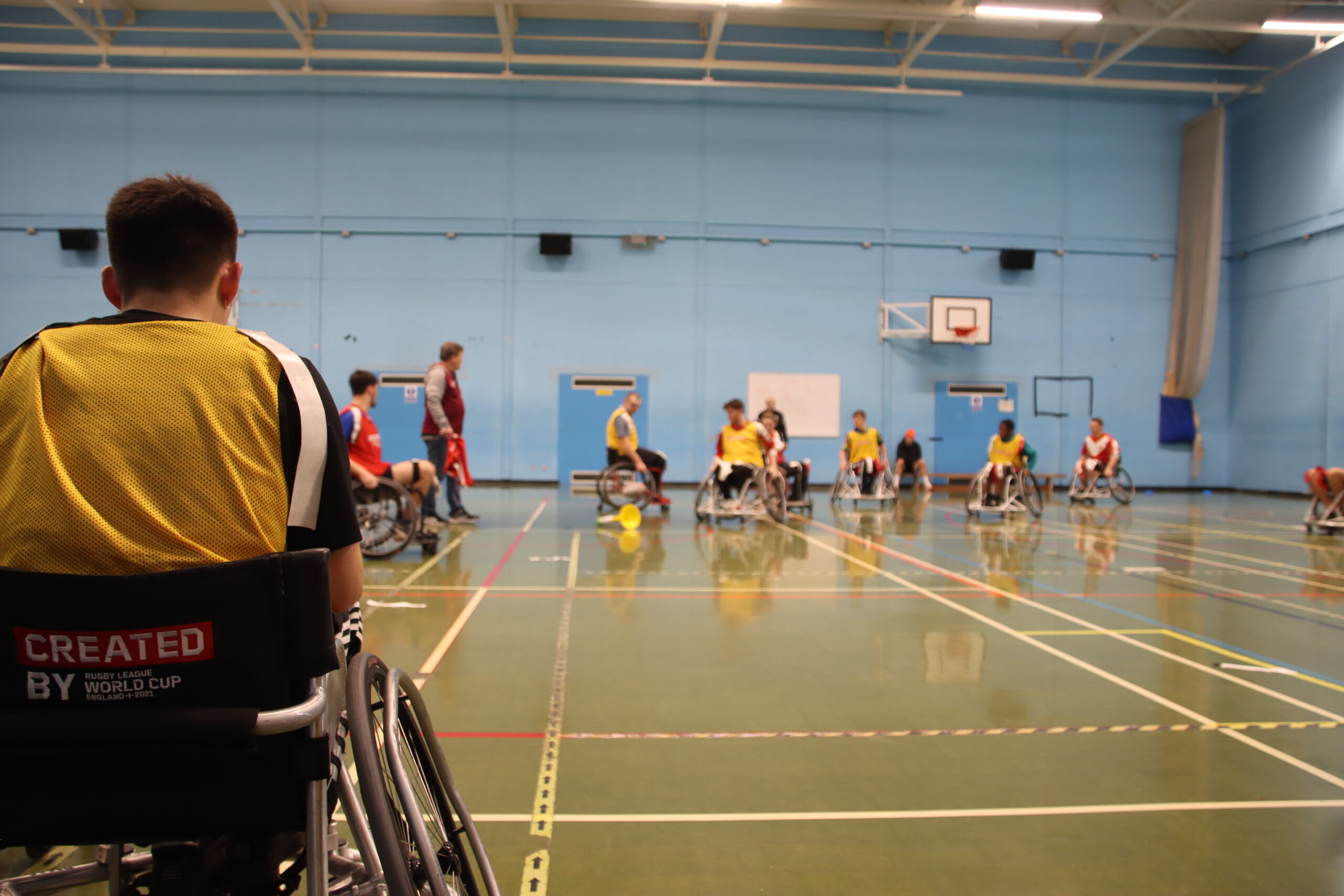A stroke survivor has applauded a charity which aims to support and help people regain their confidence after they suffer the potentially life-changing health condition.
Sheffield’s Stroke Recovery Service was set up by Jane Hammond in 2012 after she recognised there was little support for those recovering from a stroke.
Ms Hammond said: “The power of the groups is really significant. Often people struggle to understand what’s happened to them. So there’s a lot of reassurance, information and explanation around the effects of stroke.”
One user, Donna MacKenzie-Smythe, an artist, 56, accessed the service after she suffered a stroke three days before her 51st birthday.
She said: “Sometimes when you’ve had a stroke you feel like you have lost your identity. Everything in my life had become so fractious and my anxiety was increasing.”
Ms Hammond explained how service users, such as Donna, are often sceptical about getting involved with peer groups, as they feel they have support from their family and friends.
After joining the group, Donna’s confidence levels as she felt part of a community who understood exactly what she had endured, and went on to create a beauty group for other users.
She said: “They were such an inspirational bunch who all had different stroke experiences but we all shared a life experience.
“Running my own makeup workshop gave me that identity back.”
Ms Hammond explained the service, which is part of The Stroke Association, offers a holistic and person-centred approach to supporting stroke survivors with their recovery.
“They will meet other people, and it has a ripple effect. It’s very empowering, it’s a job where you do get a lot of satisfaction because you’re helping people,” said Ms Hammond.
“Properly hearing and understanding what somebody is saying is hugely powerful.”
The dedicated team helps patients who have been discharged from hospital and referred to the service.
Ms Hammond said: “We offer additional support, especially when they finish their NHS therapy and they’re feeling maybe that they do need a little bit more help.
“It could be just peer support, or it might be that they feel that some needs are still not being met so we try and bridge that gap for them.”
Ms Hammond explains her job includes a lot of sign-posting to additional services, but she also organises activities across the city, from seated dance classes, art classes, gardening at Heeley City Farm, walking groups in Western Park, and coffee mornings.
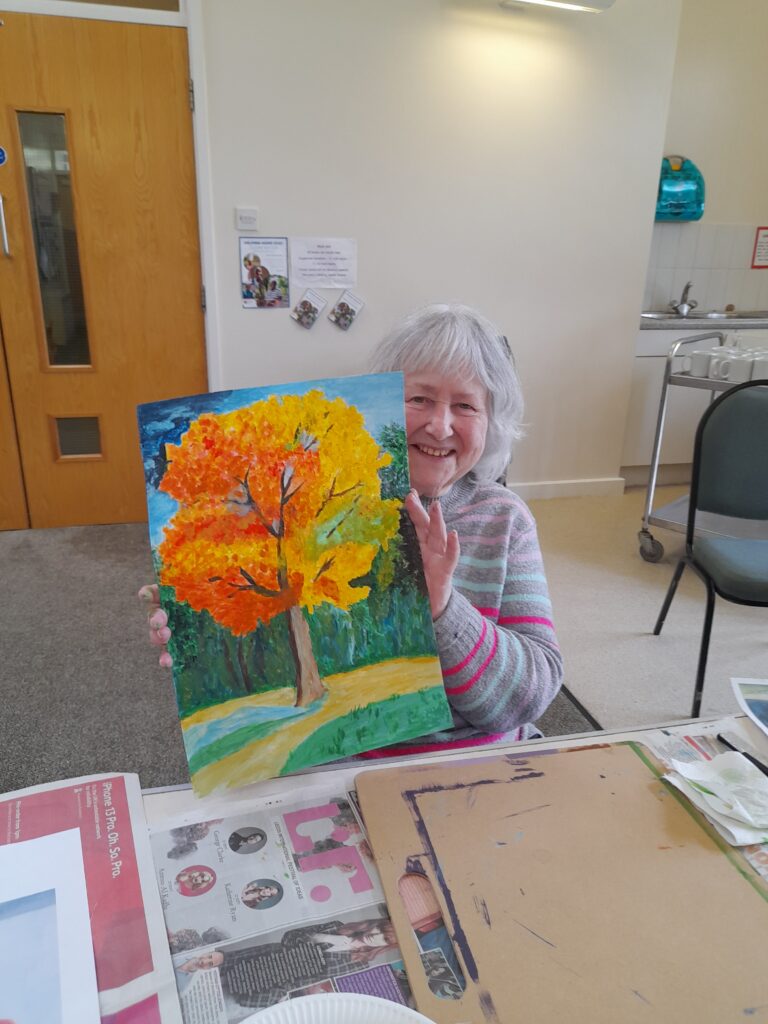
Although the service is frequently used by people in their fifty and sixties, younger stroke patients rarely access the group.
Ms Hammond explained due to the lack of demand, they don’t have a young peer support group but would create one if the demand was there.
She said: “I don’t know whether that’s because young people just don’t want that kind of support but I don’t get lots of young people coming through. Whether or not that’s because they don’t want to be referred to the charity, I don’t know. Maybe they think that it’s not for them because they’re young.”
The charity is funded and works closely with the NHS, forming part of the Stroke Pathway by supporting people with the non-medical side of stroke.
Hannah Parrington, Service Delivery Lead for the North-East and Yorkshire at the Stroke Association, which supports people after a stroke, explained another new initiative, Connect, which has just been set up in Sheffield.
She said around 800 people in Sheffield have a stroke each year, but only around 140 patients are seen by the Stroke Recovery Service.
The new service is aiming to contact everyone who has suffered from a stroke via an outreach telephone call to all patients.
“It’s very good for Sheffield and for stroke patients,” said Ms Hammond.
Ms Parrington believes there’s “definitely more to be done” as funding is still low in comparison to other conditions, such as cancer.
“We know that there’s still a postcode lottery out there in terms of the support that people receive is different in different areas,” she said.
To access support from Sheffield Stroke’s Recovery Service, you can get in touch here.
For more information on The National Guideline For Stroke you can access information here.

